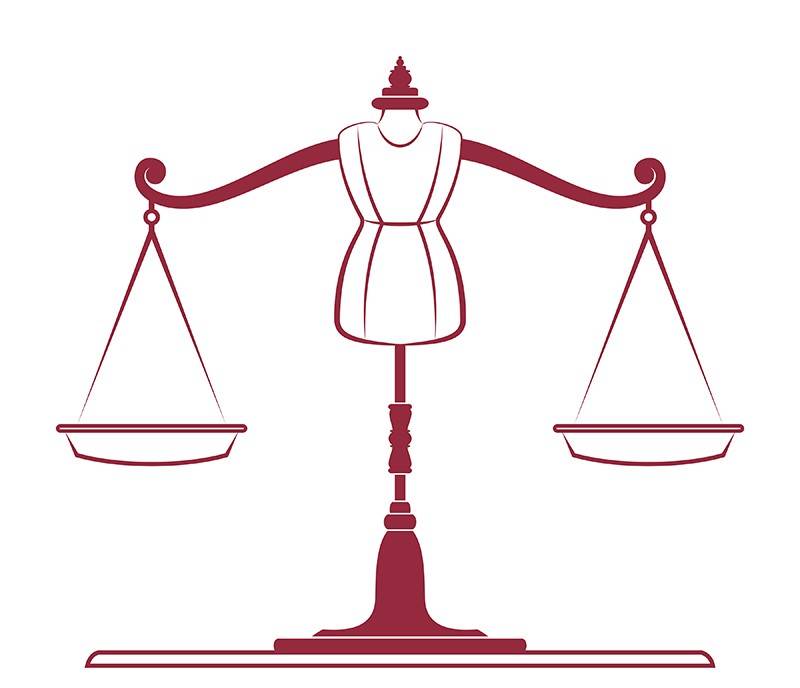
Dior Couture 2021
Dior Couture 2021: India is known for its passion for craft and robust sense of artistic culture. The recent Dior Couture Autumn Winter 2021-22 show was a similar buzzing collaboration between the French luxury fashion house and a Mumbai-based embroidery export house.
It is no secret that the fashion industry generates massive revenues and employment in the country, but the dismal quality of legal protection offered to this industry is quite a revelation. It is common for counterfeit products to be sold in the market and plaguing the fashion industry. Hence, in terms of designs and prints, fashion houses and fashion creatives are often toiling due to the paucity of suitable protection.
Crimes such as fashion forgeries, counterfeiting, lifting, and knockoffs are just the tip of the iceberg as the lack of protection for safeguarding the rights and interests of designers, artisans, craftsmen, and others involved therein is currently emerging to be an alarming concern. In India, there are no laws that govern the fashion industry per se.
However, there are a comprehensive set of laws that protect and regulate the fashion industry. For instance, design and artistic ideas can be protected under the ambit of IPR laws i.e. The Designs Act 2000, The Patents Act 1970, Trade Marks Act 1999, The Geographical Indications of Goods (Registration & Protection) Act 1999, and The Copyright Act 1957. Likewise, labor laws regulate the manufacturing processes, corporate laws oversee company-related issues and banking laws govern the financial aspect of the same.
As an intellectual property right, the value of Copyright, Trademark, Geographical Indication, or Design Rights is to generate more value and surplus in the economy. IPR as commonly known is introduced to protect the creativity of human beings. On the one hand, it encourages human beings to be creative and innovative in the development of new and novel products, thereby, enhancing competition in the market.
On the other, it attempts to indicate the source of the good for confirming the integrity of the marketplace. Therefore, it is evident that IPR laws and fashion are interdependent. Having said that, considering the boom in the fashion industry post-globalization and the competition that is intensifying exponentially therein, it is crucial that some protectionist measures are established to encourage innovation and ensure the inflow of revenues.
Economic development of countries and IPR are intertwined as registration copyright, trademark, geographical indication or design rights can help fashion communities and houses to develop a corporate image, brand value, and reputation in the national and international marketplace. Registration of the same adds value to the companies as it acts as provides a competitive edge to the fashion houses which reflects upon the sales, profits, and the brand value of the product and company.
Also, registration of an IPR would also avoid any probability of an offense. The purpose of IPR laws is to ensure that the origin is clearly indicated, the creative ideas of a human are protected and at the same time, it also assesses the implications of the natural, utilitarian and aesthetic features on market competition. Therefore, it has two-fold benefits which enable consumers to enrich their purchase decisions and provides perpetual protection to the owner of the creative idea.
Theoretically, the aim of the law is to ensure that the potential and contribution of the traditional fashion community are protected and recognized. However, owing to its strenuous registration procedures, the same often causes a lot of hassle to the traditional fashion community, thereby, leaving their potential goes unnoticed. Moreover, the various expenditures associated with these registrations and the process of renewing the same in various countries drastically demotivates the aspirations of our traditional fashion segment.
Nevertheless, IPR laws can be a vehicle to augment the economic potential of our country as the fashion industry can play a dynamic role in encouraging and supporting innovation and creativity. Also, with the widespread influence of IPR at a domestic and international level, it provides an opportunity for Indian fashion brands and traditional communities to establish and protect their brand value in the global marketplace by generating revenue.
Tags: dior couture, french luxury fashion house, dior couture 2021, fashion industry, fashion retail, dior haute couture, dior couture spring 2021, clothing industry, dior couture fall 2021, dior haute couture 2021
